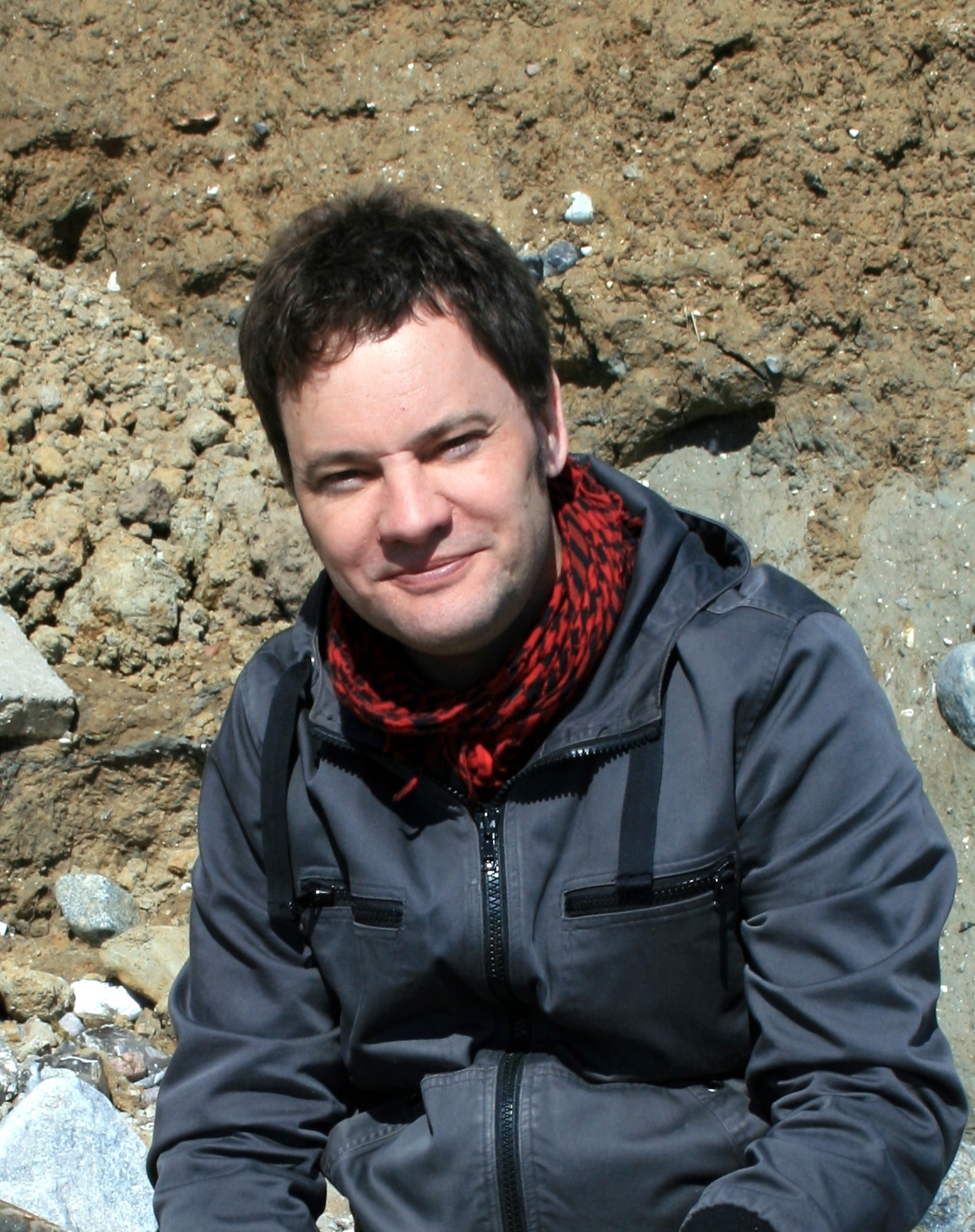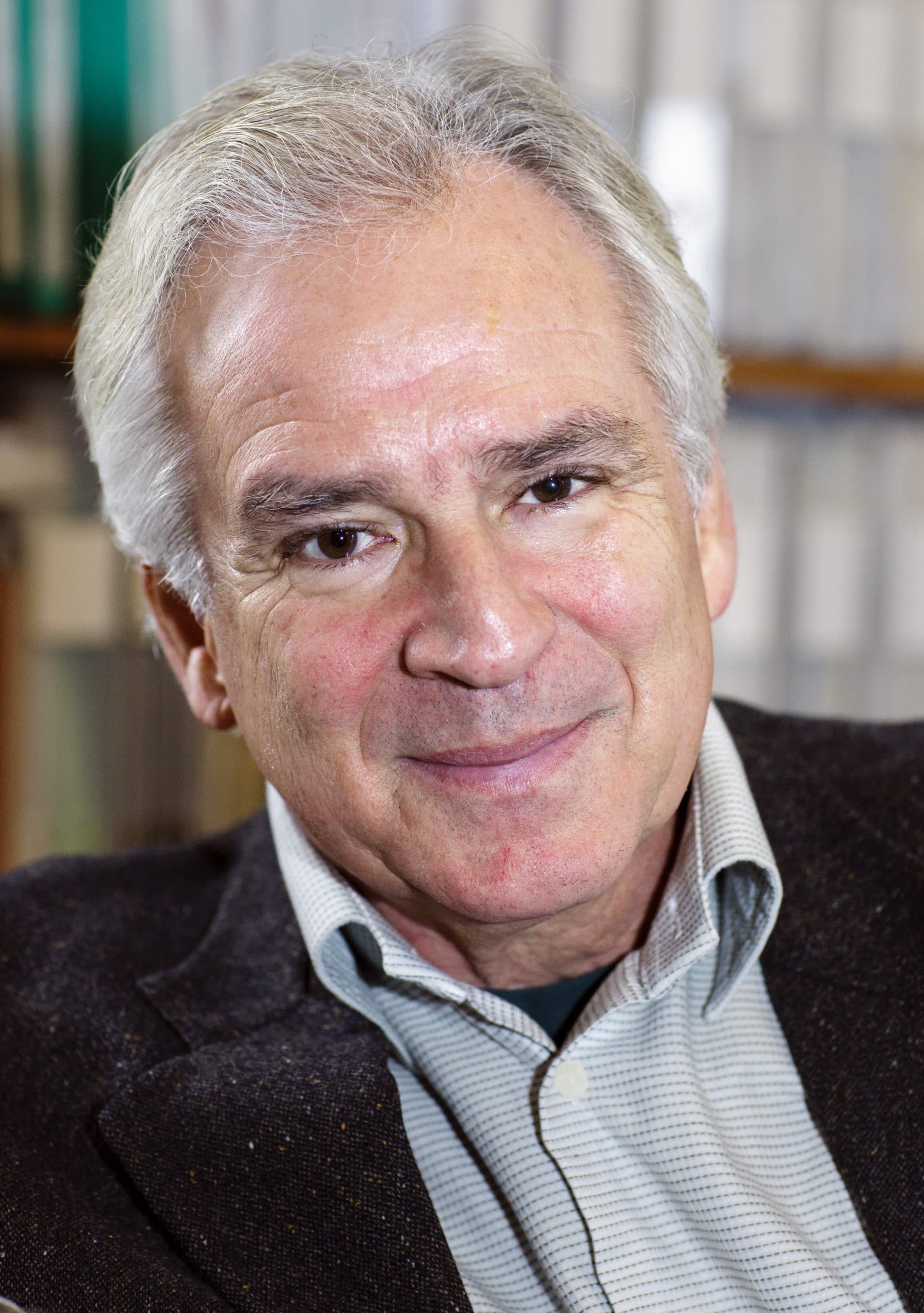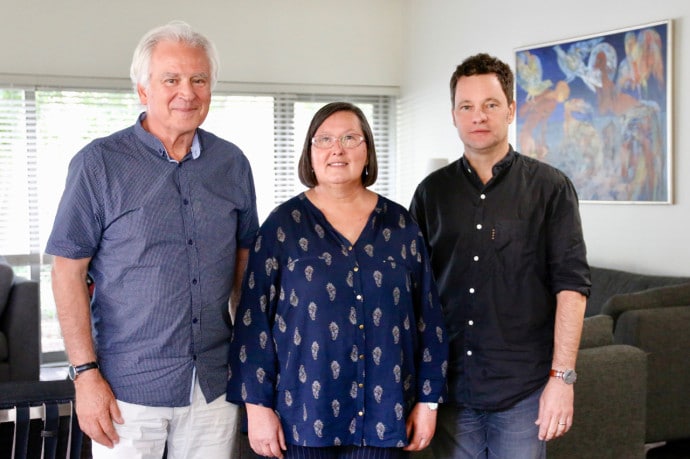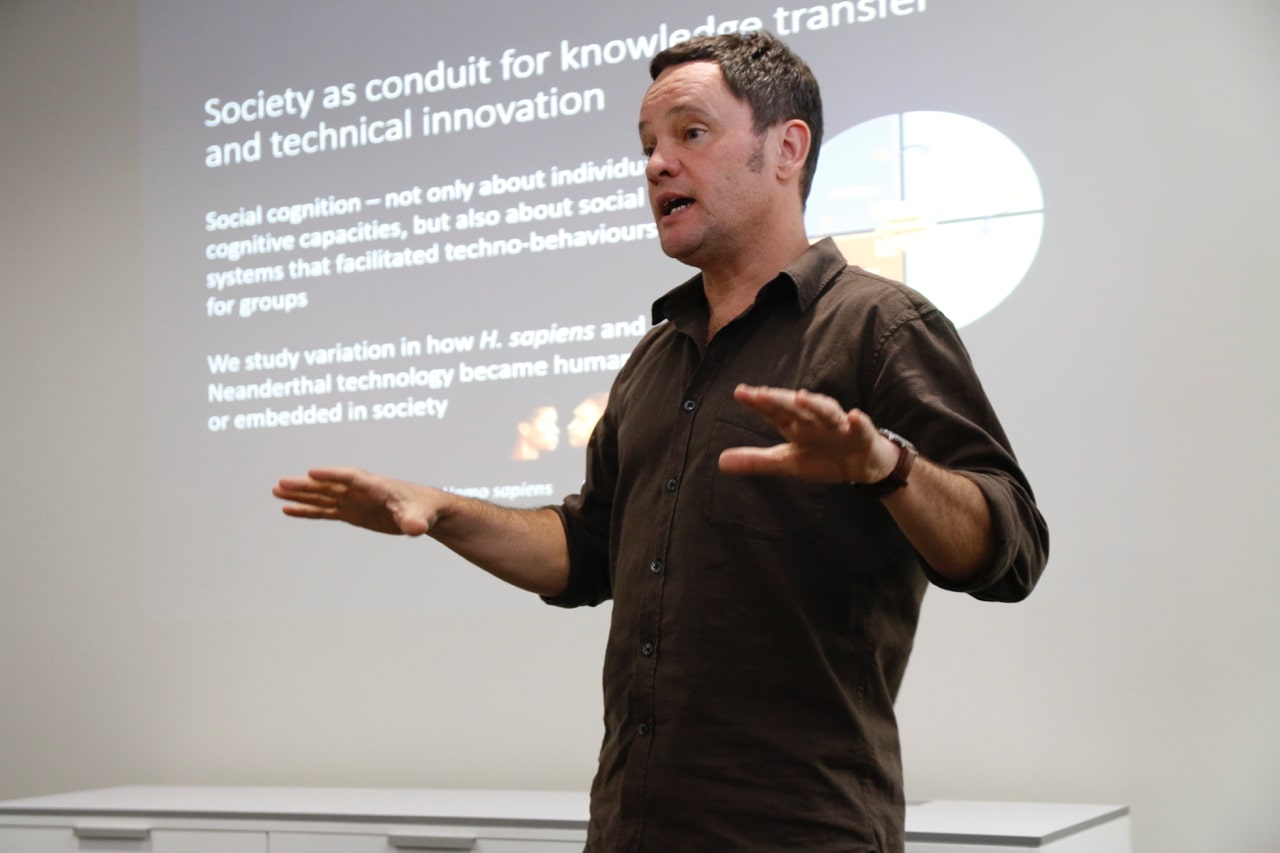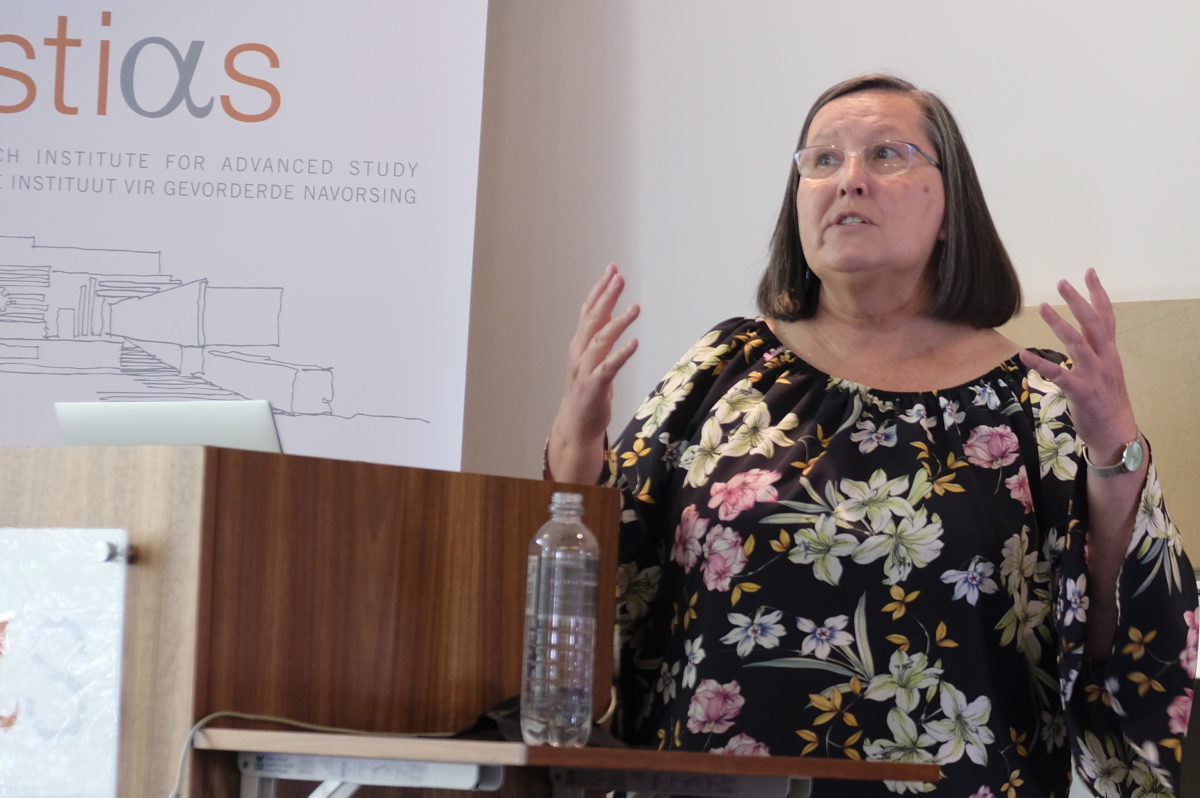Why and how did we (Homo sapiens) evolve into a species that is dependent on its ‘brains’ rather than its ‘brawn’ for our survival and successful spread across the globe? This is an old question, but recent archaeological and palaeoanthropological finds in sub-Saharan Africa, together with breakthroughs in ancient-DNA and palaeo-neurology, are dramatically changing what we thought we knew about human cognitive evolution. Based on our direct involvement with the generation on of primary knowledge about human cognition, Stone Age archaeology, experimental archaeology, neuro-archaeology and living and ancient-DNA, we aim to explore human cognitive evolution from a multi-disciplinary perspective. The core of our investigation is situated around technologies (dating from about 3.3 million years to 10 000 years ago) that were invented and used to extract a variety of foods that helped develop and nourish our increasingly energetically and cognitively ‘hungry’ brains. We flesh out our narrative by interweaving aspects of animal thinking, modern human cognition, brain-selective nutrients, the use of fire, learning and teaching, gene-culture co-evolution and our neurological evolution with the aim to produce a holistic synthesis.


